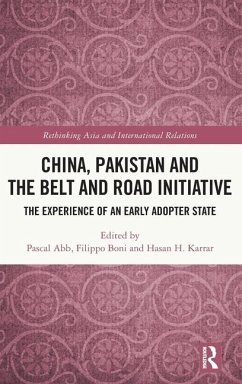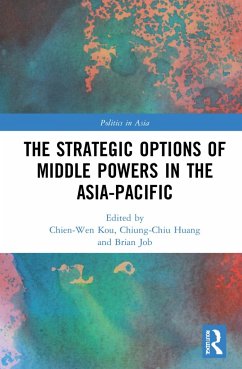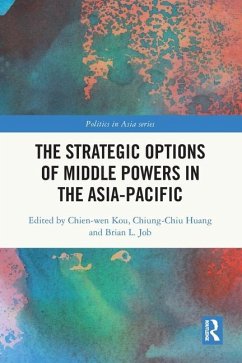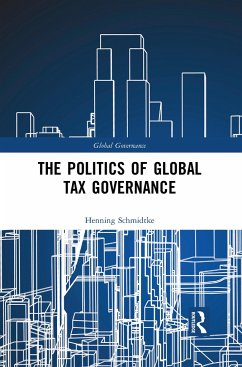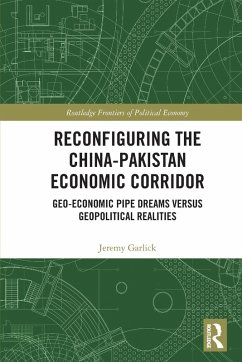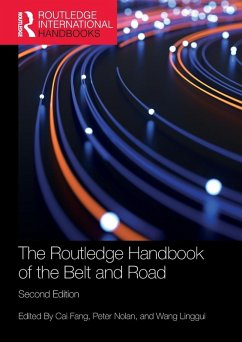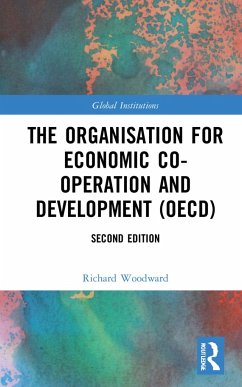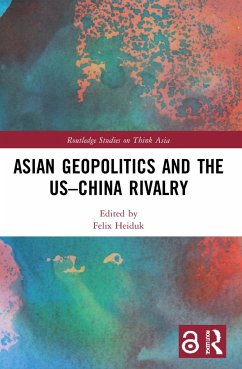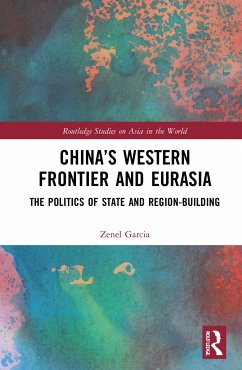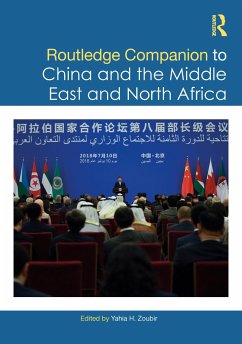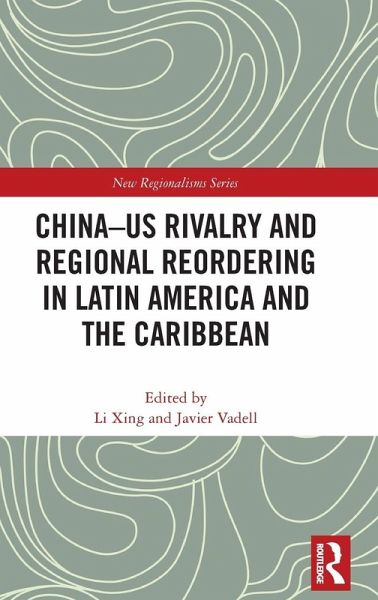
China-US Rivalry and Regional Reordering in Latin America and the Caribbean
Versandkostenfrei!
Versandfertig in 6-10 Tagen
152,99 €
inkl. MwSt.
Weitere Ausgaben:

PAYBACK Punkte
76 °P sammeln!
This book provides a comprehensive, conceptual and analytical framework for understanding the reordering process in the Latin American and Caribbean (LAC) region, driven and shaped by China-US rivalry. It demonstrates the differences between China-US, China-LAC and US-LAC relations and questions to what extent the LAC region can be considered a unified actor. Exploring broad perspectives such as global governance, international institutions, trade, security policy, climate change, multilateralism and regional and global peace and stability, the contributors also consider China's Belt and Road ...
This book provides a comprehensive, conceptual and analytical framework for understanding the reordering process in the Latin American and Caribbean (LAC) region, driven and shaped by China-US rivalry. It demonstrates the differences between China-US, China-LAC and US-LAC relations and questions to what extent the LAC region can be considered a unified actor. Exploring broad perspectives such as global governance, international institutions, trade, security policy, climate change, multilateralism and regional and global peace and stability, the contributors also consider China's Belt and Road Initiative, the Community of Latin American and Caribbean States (CELAC) and "minilateral" cooperation, sustainable development and business and the role of soft power, such as tourism and education in China-LAC relations. This timely and important contribution analyzing the changing regional order in the LAC region brought about by China's global rise and increasing hegemonic competition with the US will appeal to scholars and student of international relations, international political economy, and security studies.





